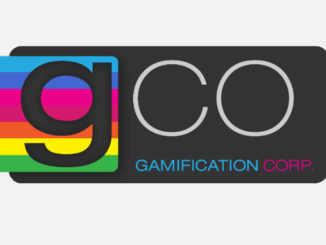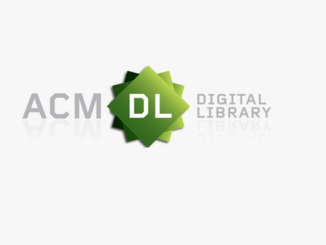
Sea Hero Quest game aims to diagnose dementia by testing navigation skills
By AMELIA HEATHMAN, 17 November 2016
2.4 million people have downloaded the app created by neuroscientists to help them understand dementia.
Hilary Evans, chief executive of Alzheimer’s Research UK, said: “Today’s results are only scratching the surface of the data from the game and focus on one type of level. While Sea Hero Quest is targeted towards the general population, it’s promising to see the game already being taken into a clinical setting to measure spatial navigation changes in people with dementia.”
“Big data has the potential to address some of the most fundamental questions that remain in science and this project is a great example of how millions of people can contribute to research from the comfort of their own sofas.” […]
EVE Online recruits pilots for real-world genetics research
By MICHAEL RUNDLE, 9 March 2016
The makers of EVE said they were excited for their players to take a role in pioneering research.
“We were approached by MMOS to see if we could leverage the incredible human capital of EVE player intellect to contribute to scientific research and we were immediately thrilled at the prospect,” said Andie Nordgren, executive producer of EVE. “To see it finally get out of a very successful testing stage and into the hands of hundreds of thousands of players worldwide is a proud milestone for us. We hope our example sets the stage for many other successful collaborations between science and gaming to come.”[…]
How turning science into a game rouses more public interest
By JOÃO MEDEIROS, 3 October 2014
Zooniverse, Foldit and Eye Wire encapsulate what makes crowdsourcing so powerful. But the possibility of crowdsourcing science is, in itself, a surprising discovery. It’s difficult not to be amazed by the fact that crowds of amateurs seem to be able to crack problems, especially when we consider how science is such a highly specialised endeavour, one which allegedly requires years of study and research before the scientist can even hope to make a relatively original discovery.
The key is making it accessible: astronomers turn the problem of morphological classification of galaxies into a game; biochemists re-imagine protein folding as a puzzle; neuroscientists make mapping the brain’s connectome into filling in a colouring book. It is only when esoteric scientific problems are divested of jargon, deconstructed into their most basic elements — and made fun — that the crowd can come out and play.[…]
New Videogame Lets Amateur Researchers Mess With RNA
By BRENDAN I. KOERNER, 7 May 2012
The game that Treuille and Lee designed, which they christened EteRNA for its January 2011 debut, has two tiers. The first is a series of “challenge puzzles,” in which players earn points by creating known RNA molecules. When the puzzle starts out, the RNA model is just a string of yellow disks that represent adenine—one of the four nucleotides that comprise RNA.
Once players exceed 10,000 points—a milestone reached by about 7 percent of the game’s users—they are granted access to the lab section of the game.
The game’s elite players compete for a unique and wondrous prize: the chance to have RNA designs of their own making brought to life. Every two weeks, four to 16 player-designed molecules are picked to be synthesized in an RNA lab at Stanford. “It’s pretty incredible to imagine that somewhere there’s a piece of RNA that I designed that never existed anywhere in nature before,” says Robert Rogoyski, a New York City patent attorney who has had 14 of his EteRNA designs selected for synthesis. “It could encode a protein that no one has ever seen, something that’s important in the discovery of the next blockbuster glaucoma or cancer drug. Or it could be the cause of the zombie apocalypse.”[…]
Play Flash Game Phylo, Help Trace Genetic Disease
By MARK BROWN, 12 January 2010
Forget FarmVille, chuck Canabalt. This time-wasting Flash game will actually do some good in the world as you idly click away.
Phylo, created by bioinformaticians at Canada’s McGill University, is a pattern-matching puzzle game that will give researchers a better insight into genetic codes and could help identify the origins of genetic disease. All you have to do is match some colored blocks.[…]


